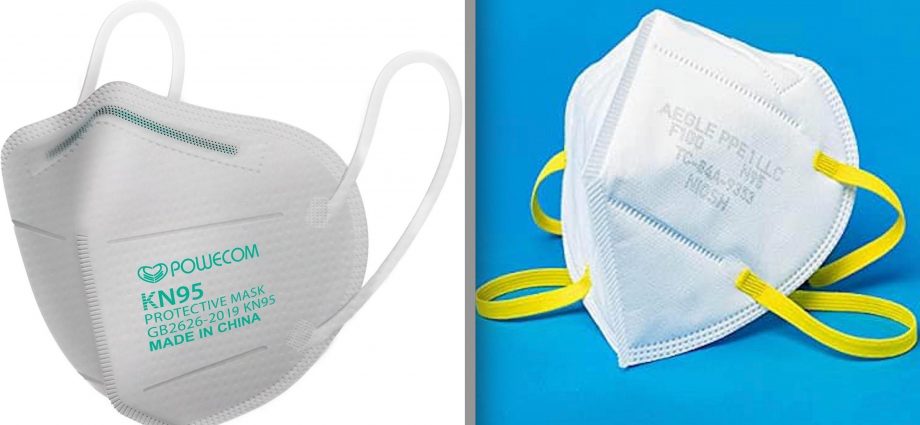THURSDAY, Jan. 13, 2022 (HealthDay News) — A program to offer high-quality face masks to Americans is being weighed by the Biden administration as a way to help slow the spread of the highly transmissible Omicron variant.
“We’re in the process right now of strongly considering options,” White House Covid-19 response coordinator Jeffrey Zients said Wednesday a news briefing on the pandemic, The New York Times reported.
Masks that offer the most protection are N95 and the K-N95, and both are approved by the U.S. government to block 95% of the new coronavirus. But they’re in exceedingly short supply, and counterfeits are everywhere, experts warn.
No details were provided about what type of masks might be distributed under any new federal program, how many would be offered, or when they would be provided. But he did say the government has a stockpile of more than 750 million N95 masks on hand for health care and emergency workers.
One option being discussed is to distribute the masks at community sites, a person familiar with the planning told the Times.
The mask distribution program is under consideration as virus cases and hospitalizations soar nationwide. Federal data released Tuesday show that more than 140,000 people were hospitalized with COVID-19 in the last week, a new record high. These hospitalizations also included people who tested positive for the virus after being admitted to the hospital for a different health condition.
On Tuesday, Dawn O’Connell, assistant secretary for preparedness and response at the U.S. Department of Health and Human Services, told senators that additional contracts for N95 masks could be finalized by February, the Times reported.
O’Connell said potential contractors are being asked to produce 141 million of the masks a month at “surge capacity.”
Despite the unprecedented Omicron surge, Dr. Rochelle Walensky, director of the U.S. Centers for Disease Control and Prevention said new health care data from Southern California shows that people infected with the Omicron variant were far less likely to become severely ill or die compared to those who were infected with its predecessor, the Delta variant, the Times reported. She pointed to a 53 percent lower risk of hospitalization with symptoms, a 74 percent lower risk of admission to intensive care and a 91 percent lower risk of death.
“I suspect the deaths we are seeing now are still from Delta,” Walenksy said. She noted that data over the next couple weeks will reveal just how deadly the Omicron variant is.
Walensky added that the CDC is updating its guidance on masks to address the differences in protection between various types.
More information
Visit the U.S. Centers for Disease Control and Prevention for more on COVID masks.
Copyright © 2026 HealthDay. All rights reserved.

